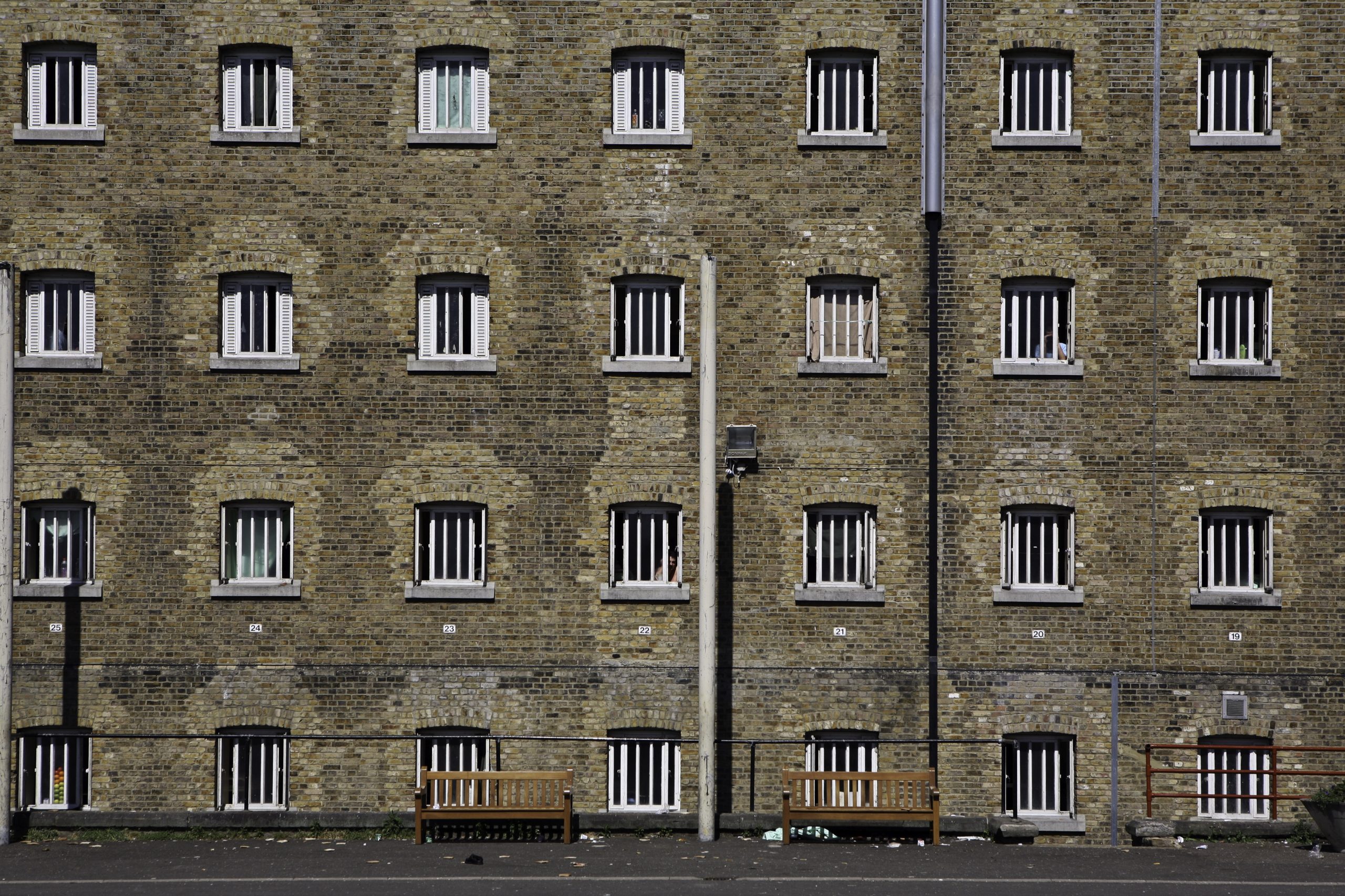Justice secretary David Gauke is to be commended for finally renationalising the entirety of the probation service. Everyone predicted that the so-called reforms introduced in 2014 by the then justice secretary Chris Grayling would be a car crash. All the evidence since 2014 has revealed that the concept was financially flawed, increased the prison population, put the public at greater risk and caused untold human misery.
Grayling has faced considerable public opprobrium for his incompetence both at the Ministry of Justice and more recently on the transport brief. He is representative of many in government: appointed on the basis of patronage, rather than skills and competence. Put a former PR executive and junior TV producer in charge of the courts, prison and probation; add the influence of the media mob; and is it any wonder we ended up here?
- John Podmore features in the latest ‘Crime and Punishment’ issue of Proof magazine, available to buy here.
To be fair to Mr Grayling (which doesn’t go down well on Twitter), the demise of the probation service has been well under way for over a decade. As I said in a previous piece for Justice Gap, Grayling merely came onto the battlefield to bayonet the wounded. There is no shortage of commentators to say ‘I told you so’, but the most important thing is what happens now.
It is a very, very long way back. The first thing we need to acknowledge is that locking people up is easy – but getting them out and keeping them out is a very difficult and highly skilled task if it is to be done safely, decently and so that the public are protected. These skills were sadly marginalised in the interminable transitions from separate prison and probation services, through the National Offender Management Service to the current HM Prison and Probation Service. Seasoned probation professionals were eschewed in favour of career civil servants. The people business was ruthlessly but incompetently commodified. I saw at first hand in a role with a large charity how many of the processes were ethically challenged. I also saw smaller voluntary and community organisations used, abused and in some cases go to the wall.
These fractured relationships now need to be rebuilt. The consultation across the sector which was proposed as far back as 2014 now has to actually happen. There are no details yet from Mr Gauke about the process of renationalisation but as with many of the failures within HMPPS over the last few years, the architects of the previous failure cannot be called upon to put right something they got so disastrously wrong.
A key phrase in probation used to be ‘befriending’. It meant an emphasis on relationships, understanding and problem-solving. It also meant policing and protecting the public. It brought together the skills of a social worker, psychologist, psychiatrist, drugs worker, community mental health nurse, housing officer, teacher and employment finder. There are many still trying to do all these things but we have been left primarily with a community police force, ticking boxes, counselling clients by text and recalling people to custody at an ever increasing rate, not for what they have done but for what they might do.
Transition into the community starts in custody, a concept recently acknowledged again with the introduction of ‘offender management in custody’. A key worker who motivates and supports prisoners during custody is 2019’s version of the personal officer system of the 1980s. There is nothing wrong with reinventing the wheel: wheels generally work well. But within the concept is a need for culture change in the whole process. The process of release cannot continue to play the poor relation to the powerful concept of custody. Rather, custody and release should operate in close harmony with common objectives.
Leadership is key. David Gauke has set the policy and strategy in today’s statement. He has yet to mention the budget. One of the many problems with the Grayling debacle was that he added over 50,000 people to the workload of probation by making all prisoners serving less than 12 months subject to supervision on release. There was no more money. Probation doesn’t come cheap but it can pay for itself through reductions in the prison population and reoffending.
HMPPS has a new CEO in the guise of Dr Jo Farrar, a welcome appointment from outside of an insular prison service. It is for her, supported by the MoJ, to rise to one of the greatest challenges facing criminal justice. It will need imaginative appointments of people with skills and competencies in probation, employment, housing and social services. It will need expertise in drug and alcohol services as well as in the wider voluntary and community sector. Most importantly for Mr Gauke, the MoJ and HMPPS need to learn from their past mistakes – and they began before Mr Grayling’s appointment.







